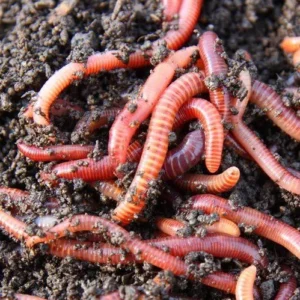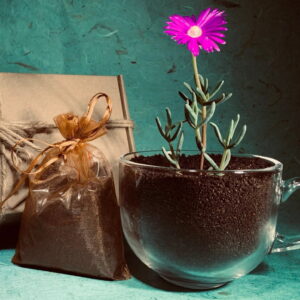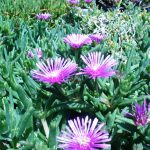-

Earthworm Red Wigglers (Eisenia fetida)
Price range: R110.00 through R315.00Select options This product has multiple variants. The options may be chosen on the product page -
SALE 
DIY Worm Tea Kit
Original price was: R200.00.R165.00Current price is: R165.00.

Don't forget to check out your order....
Enter your details here to save your cart for later!



